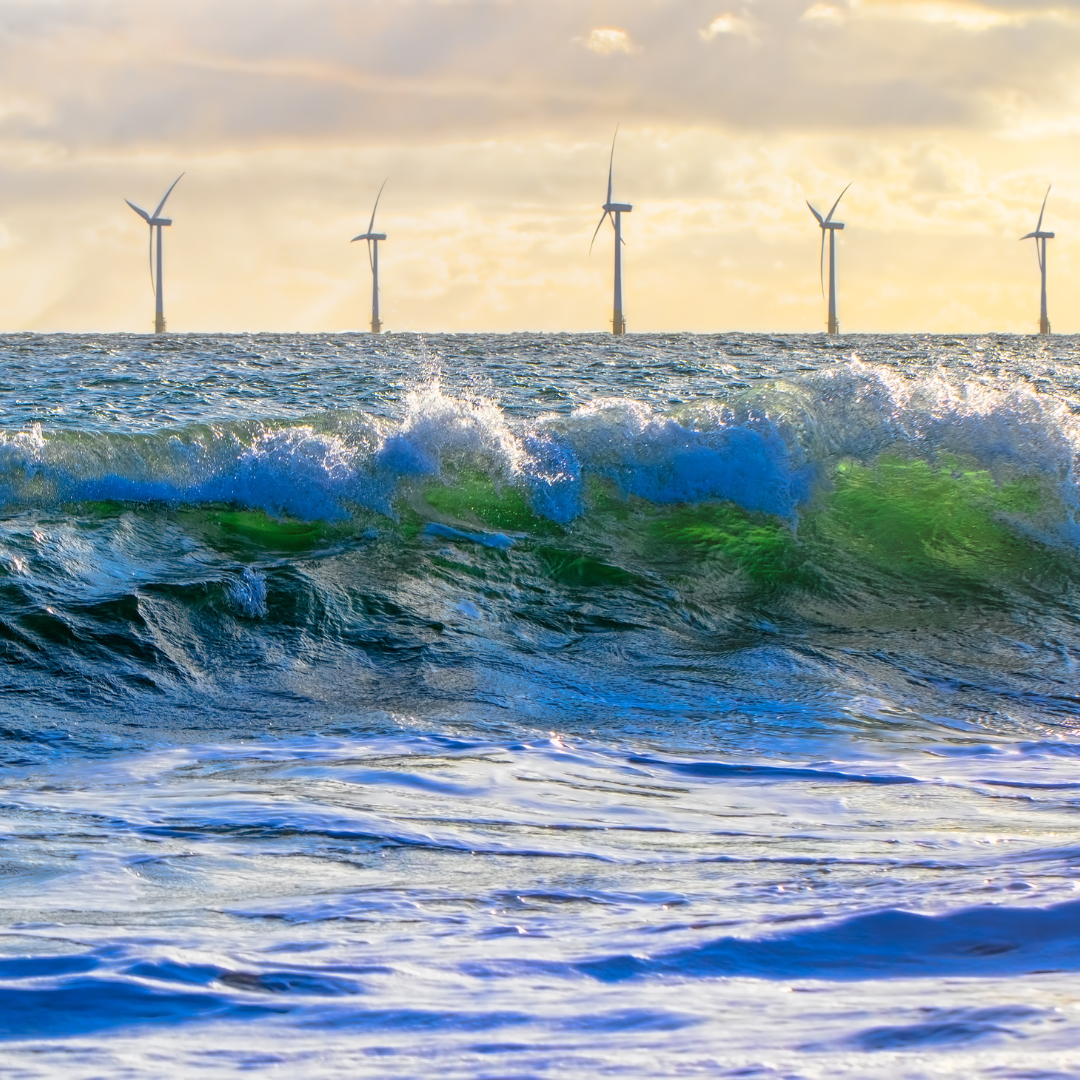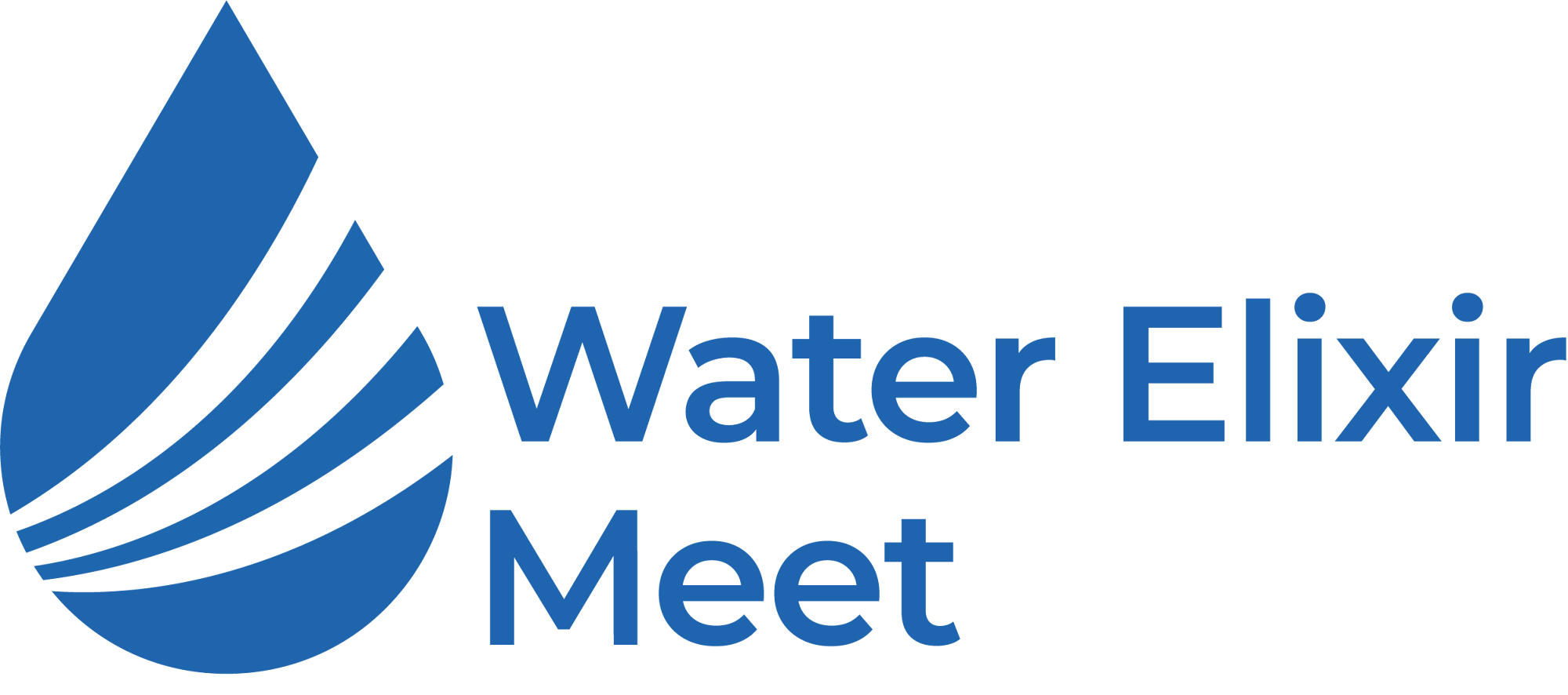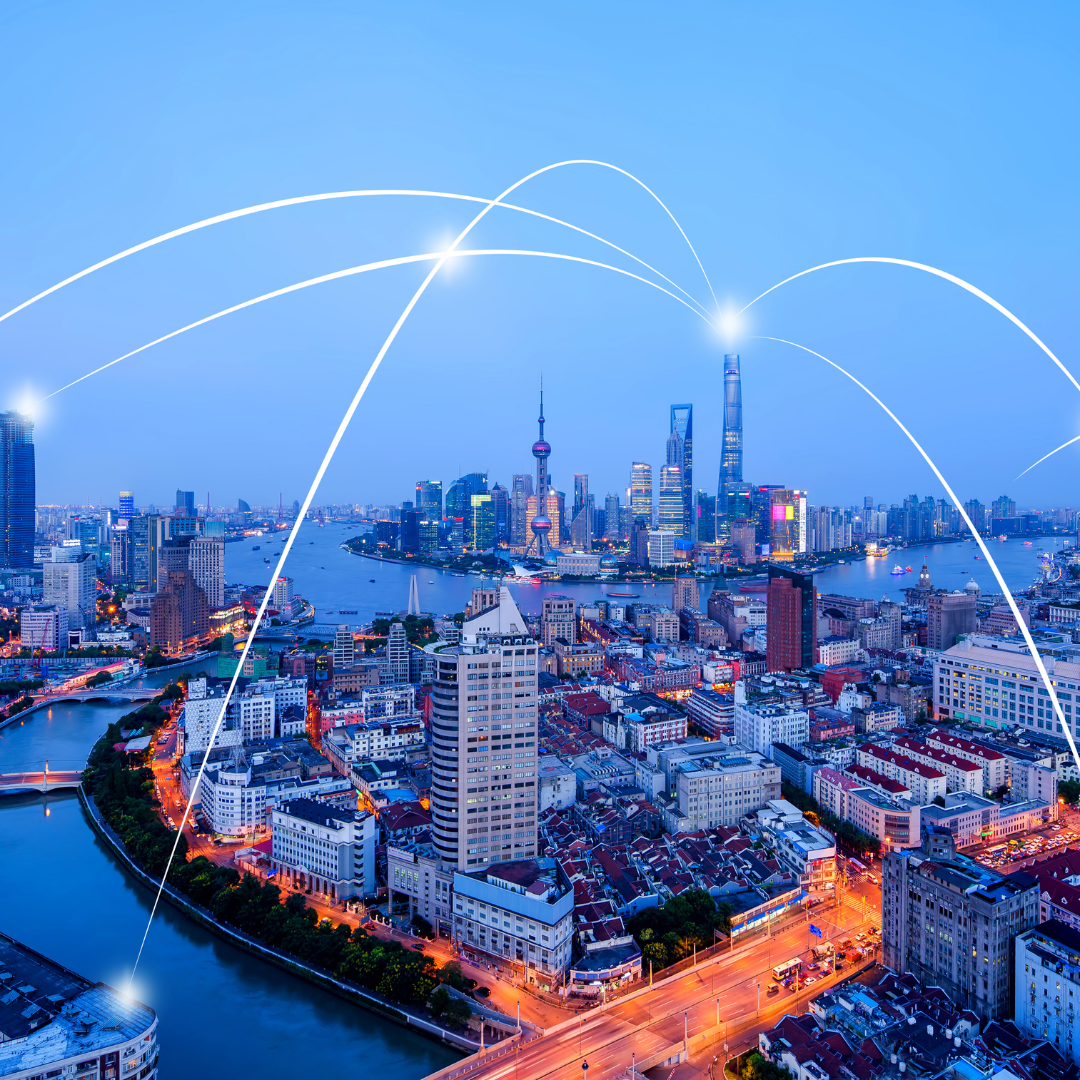
Geospatial technology revolutionizes the water sector by enhancing resource management, monitoring, and planning through precise mapping, real-time data analysis, and predictive modeling, ensuring sustainable water usage and environmental conservation. The conference themes are not limited to the subthemes mentioned, encouraging diverse submissions that explore innovative applications and interdisciplinary approaches related to geospatial technology and its impact across various sectors.
Revolutionising agriculture with IoT and AI: Smart farming, hydroponics, and sustainable water management enhance efficiency, reduce resource use, and drive innovation for a sustainable future in food production. The conference themes are not limited to the subthemes mentioned, encouraging diverse submissions that explore innovative applications and interdisciplinary approaches related to smart farming, and its application across various sectors.
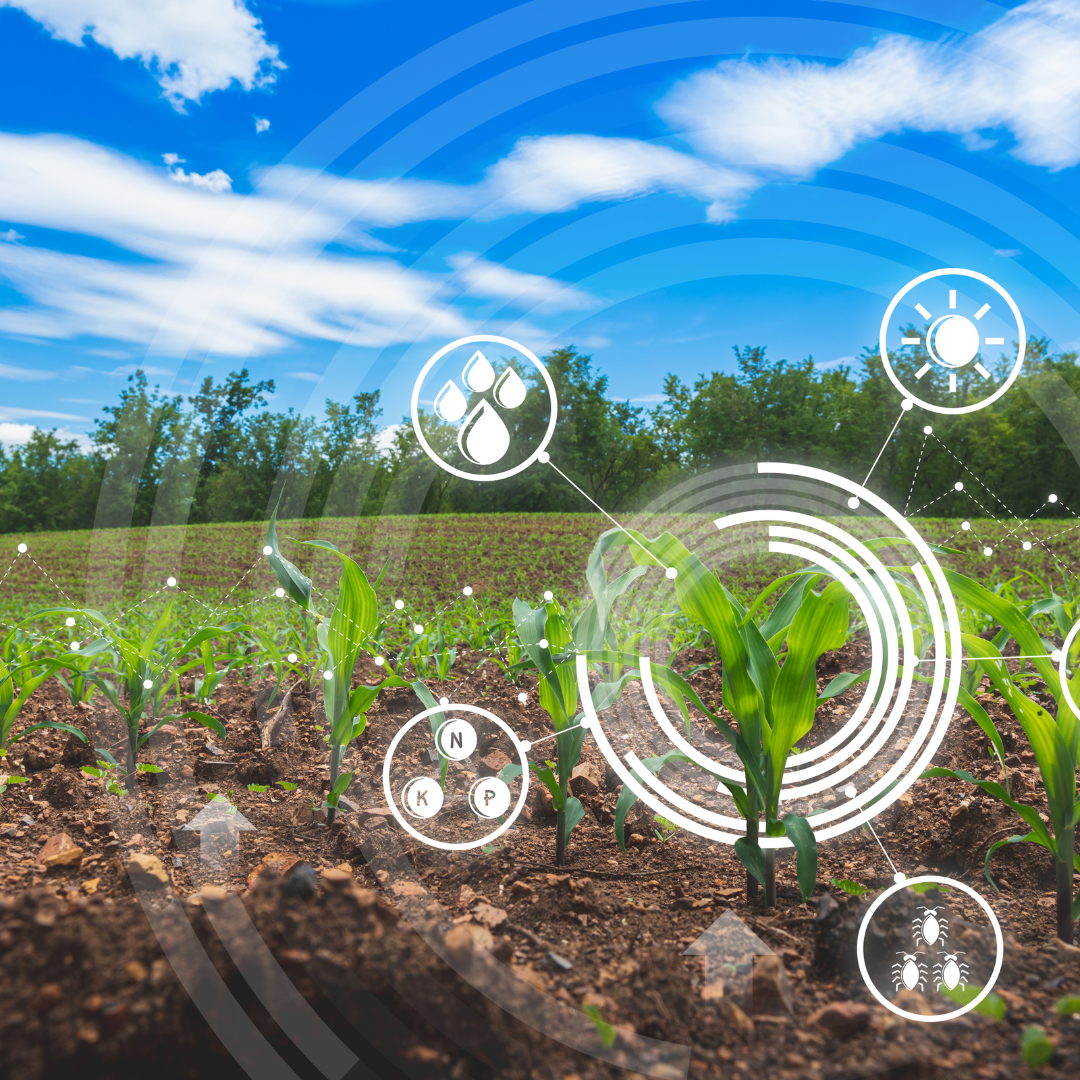
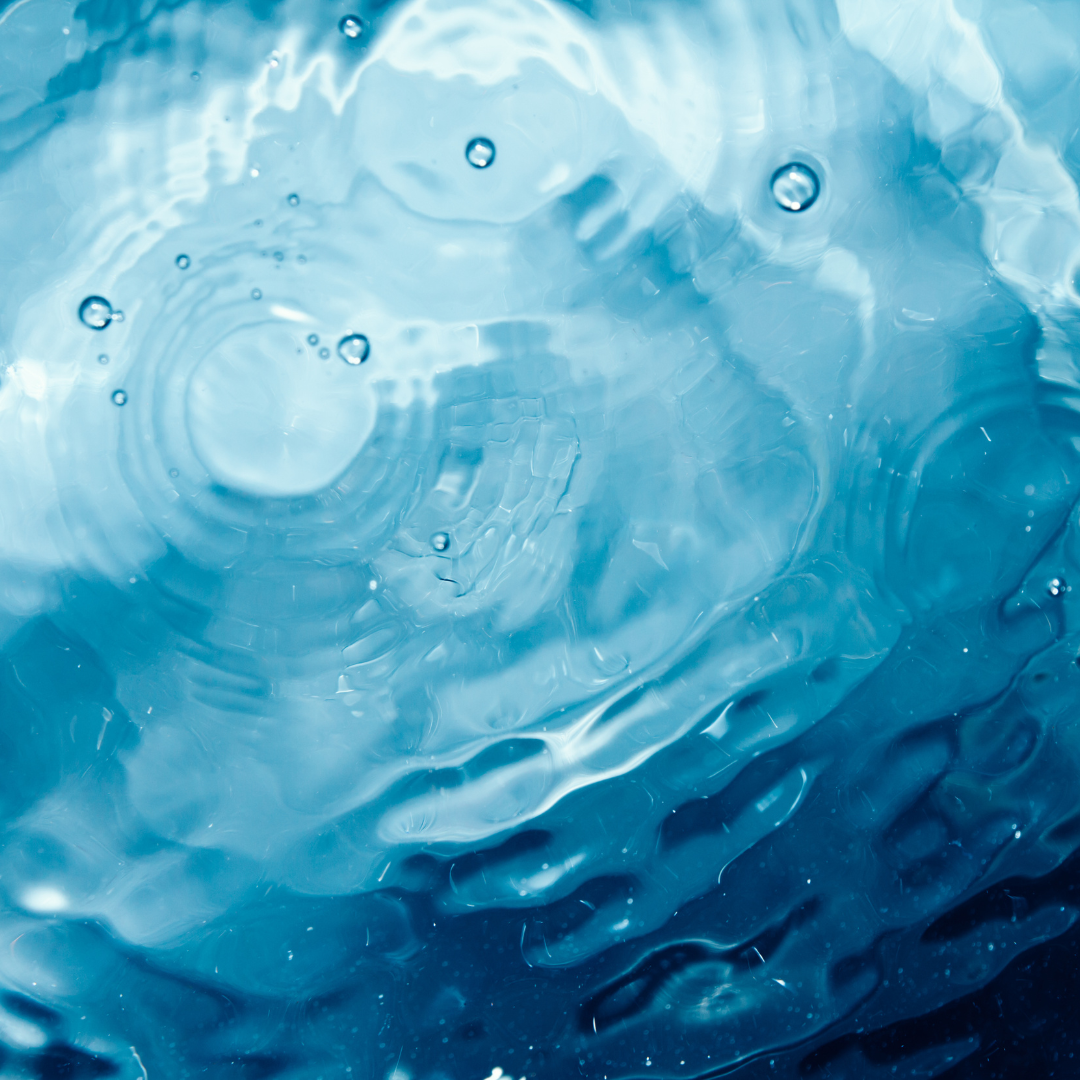
Water governance plays a critical role in addressing climate change, ensuring sustainable resource management, equitable access, and resilience against climate-induced challenges such as scarcity, flooding, and ecosystem degradation. The conference themes are not limited to the subthemes mentioned, encouraging diverse submissions that explore innovative applications and interdisciplinary approaches related to water governance and climate change, and its impact across various sectors.
Coastal and Marine Pollution poses significant threats to ecosystems, biodiversity, and human health. Addressing pollution sources and promoting sustainable practices are crucial for preserving marine environments and supporting coastal communities. The conference themes are not limited to the subthemes mentioned, encouraging diverse submissions that explore innovative and interdisciplinary approaches related to marine pollution, and its impact across various sectors.
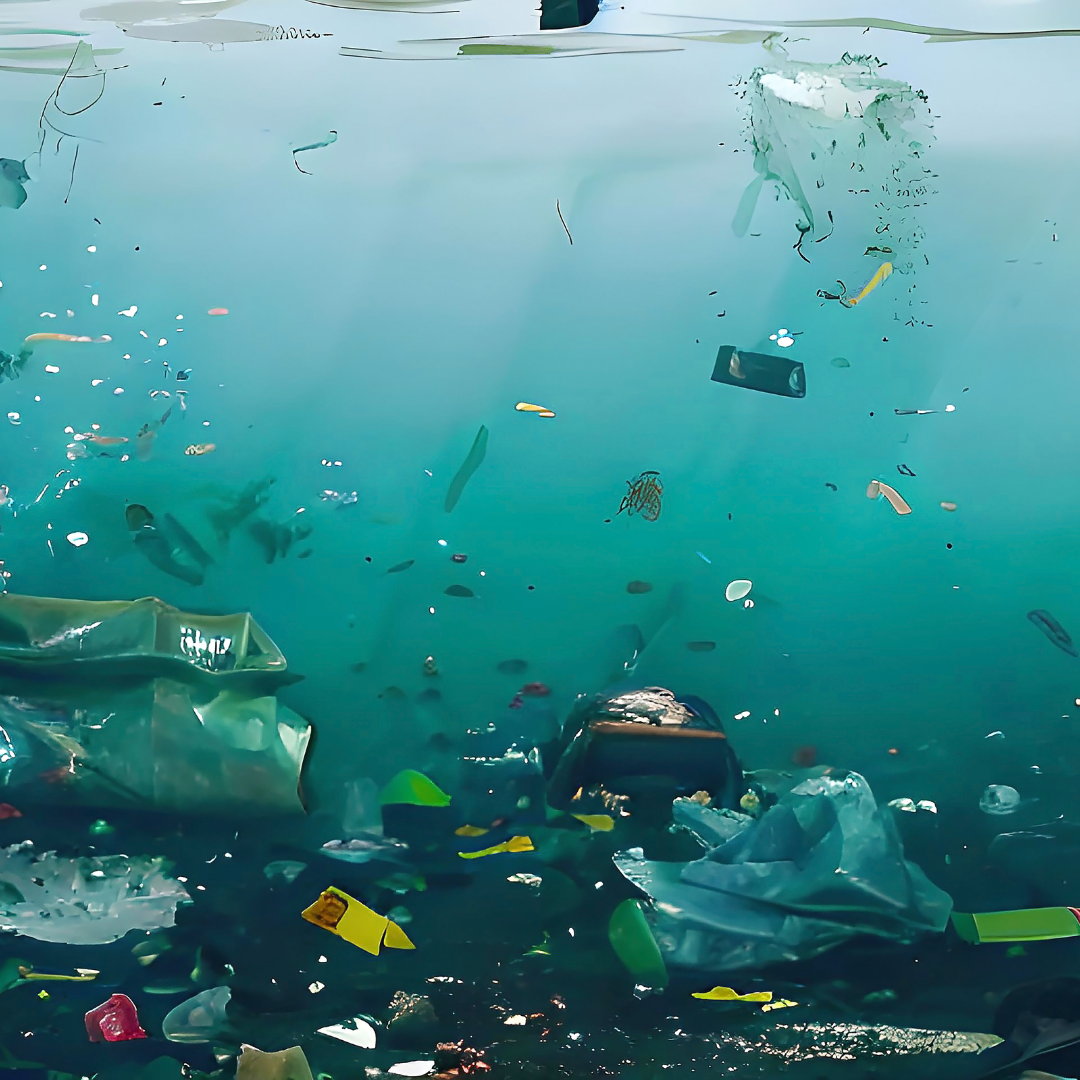

Aquatic/Wetland Biogeochemistry explores chemical, biological, and geological processes in aquatic ecosystems, focusing on nutrient cycling, pollutant dynamics, and ecosystem functioning to understand and manage wetland environments sustainably. The conference themes are not limited to the subthemes mentioned, encouraging diverse submissions that explore innovative and interdisciplinary approaches related to marine aquatic biogeochemistry, and its application across various sectors.
Emerging contaminants, including pharmaceuticals, microplastics, and PFAS, present growing environmental challenges. Understanding their sources, impacts, and innovative treatment solutions is crucial for safeguarding human health and ecosystems. The conference themes are not limited to the subthemes mentioned, encouraging diverse submissions that explore innovative and interdisciplinary approaches related to emerging contaminants, and its impacts across various sectors.
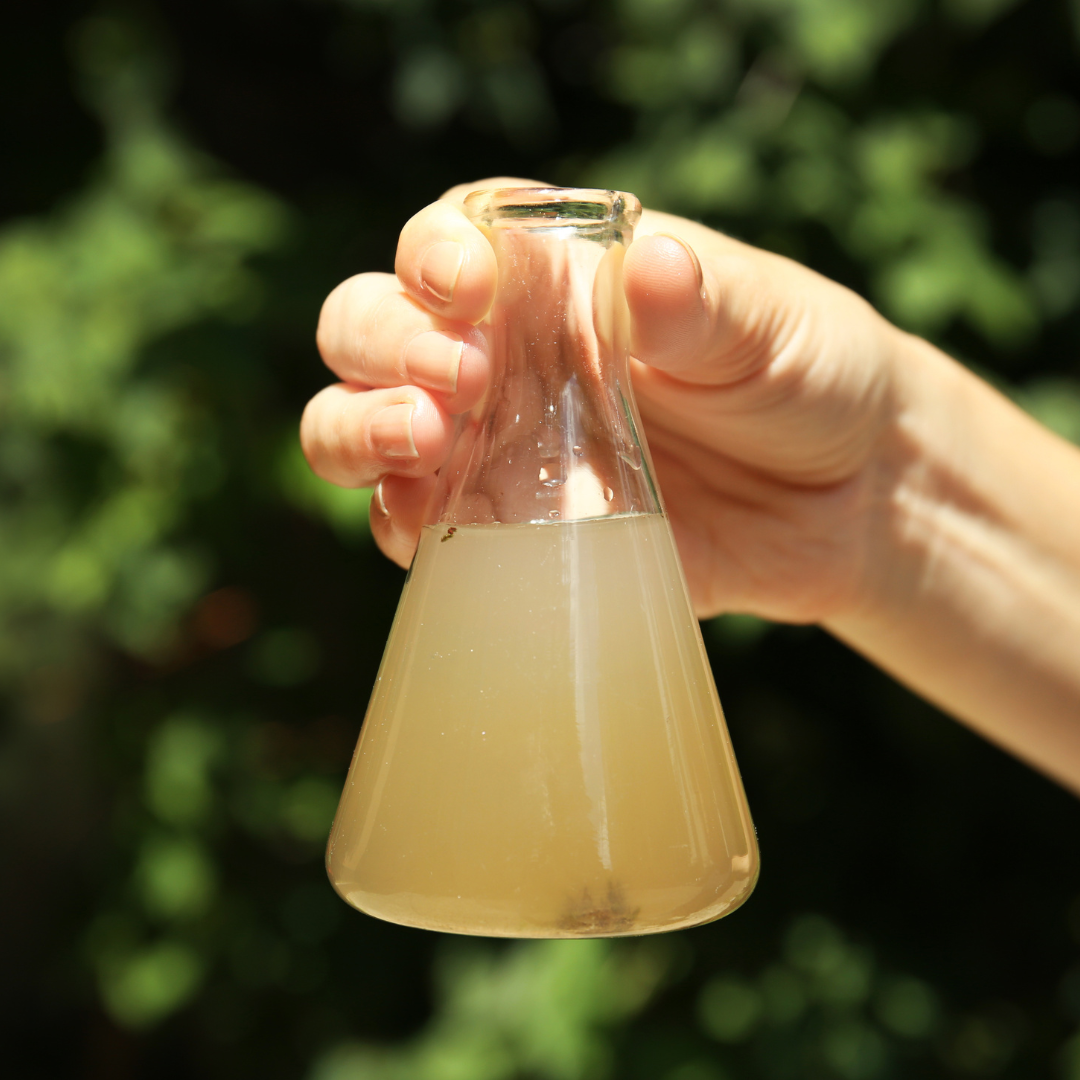
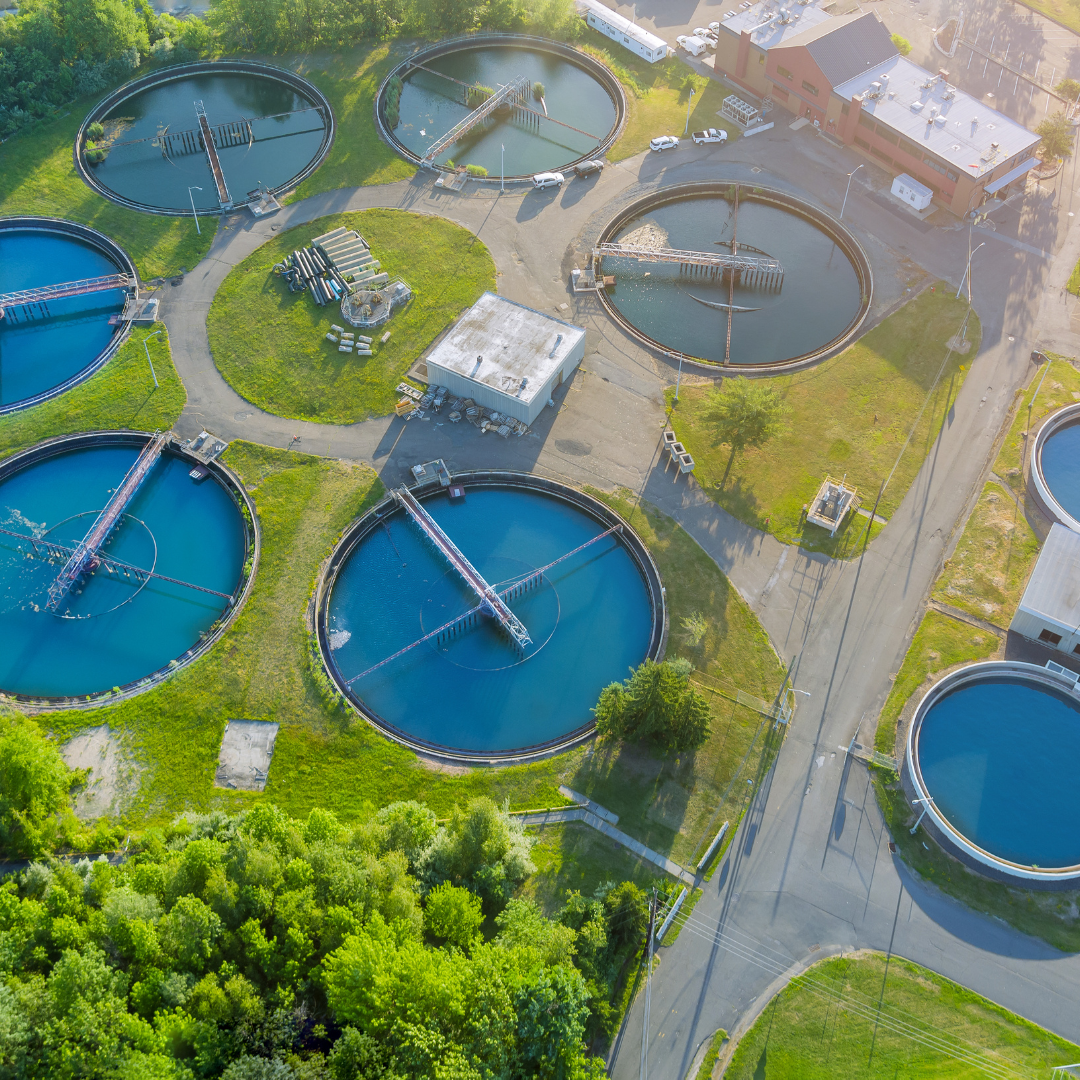
Exploring cutting-edge water treatment technologies to meet Sustainable Development Goals (SDGs), focusing on innovations that enhance efficiency, sustainability, and access, driving progress toward global water quality and availability targets. The conference themes are not limited to the subthemes mentioned, encouraging diverse submissions that explore innovative and interdisciplinary approaches related to achieve SDG 6, and its implications across various sectors.
Ensuring clean water access is crucial for health. Effective sanitation and hygiene practices prevent diseases, promote well-being, and support community resilience. Prioritising these aspects can transform public health outcomes. The conference themes are not limited to the subthemes mentioned, encouraging diverse submissions that explore innovative and interdisciplinary approaches related to water for health, and its implications across various sectors.
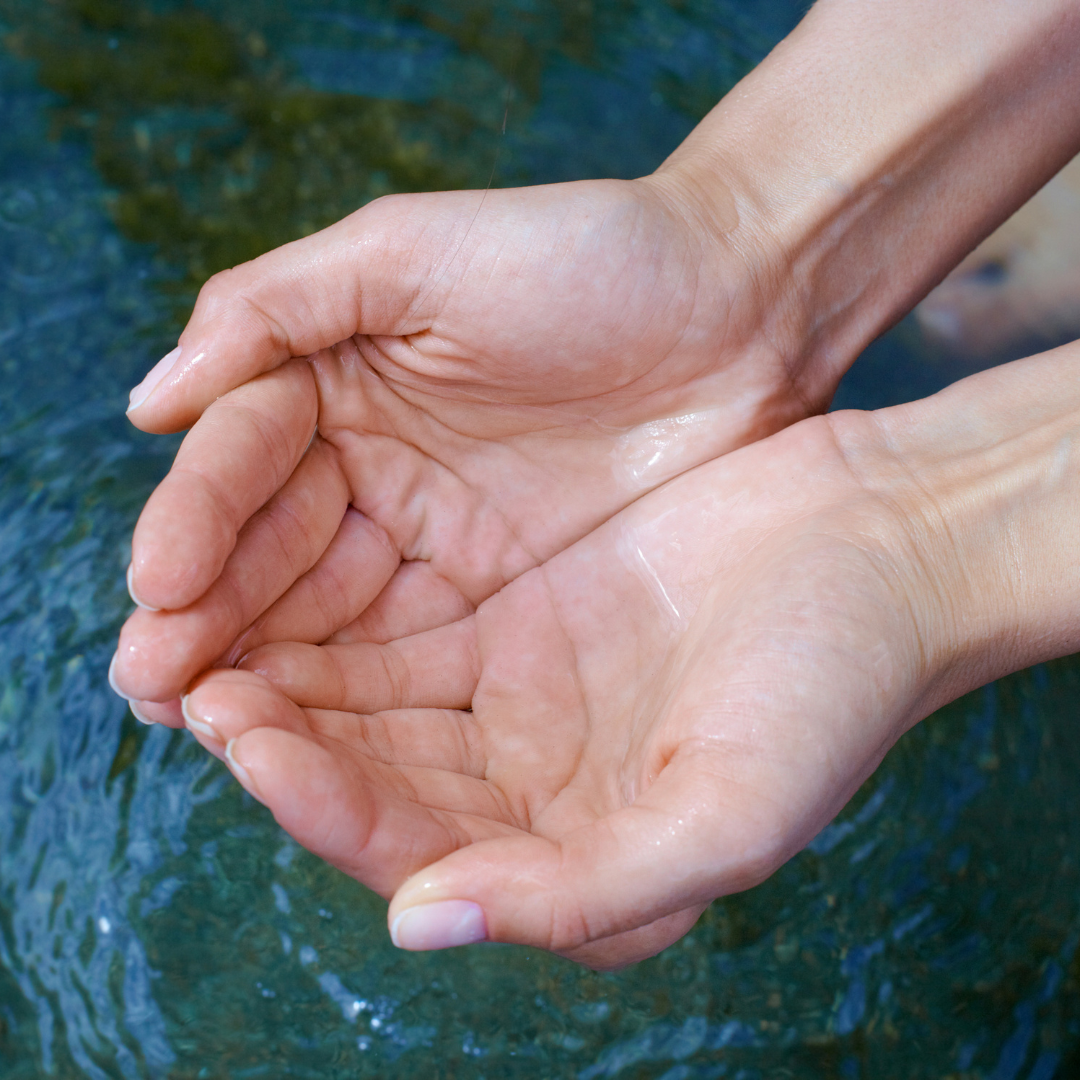
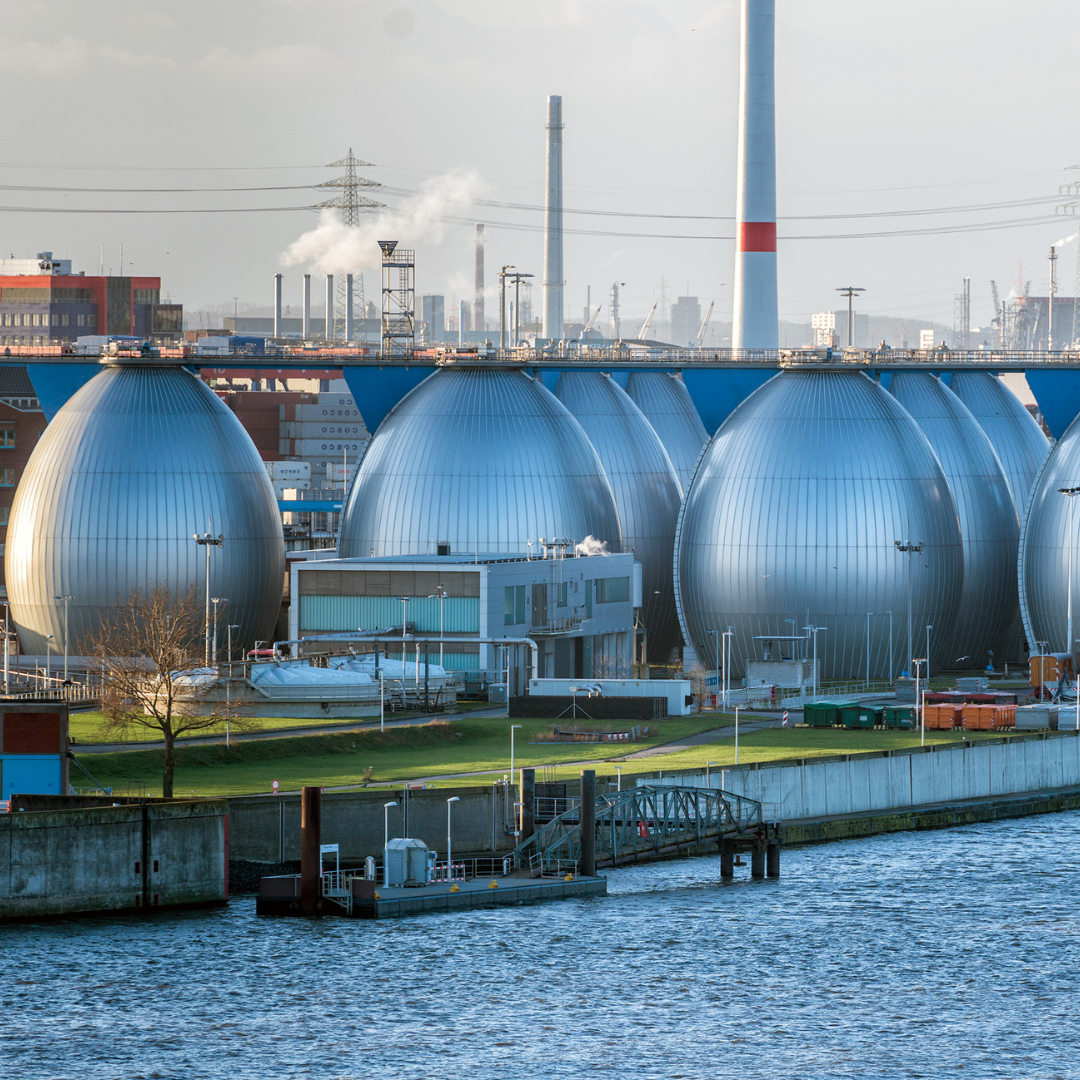
Exploring advancements in desalination and membrane separation technologies, focusing on innovations that enhance efficiency, sustainability, and scalability in addressing global water scarcity and quality challenges. The conference themes are not limited to the subthemes mentioned, encouraging diverse submissions that explore innovative and interdisciplinary approaches related to membrane separation, and its applications across various sectors.
The Water-Energy Nexus explores the interdependence between water and energy systems, highlighting sustainable solutions to optimize resource use, enhance efficiency, and address global challenges related to water and energy scarcity. The conference themes are not limited to the subthemes mentioned, encouraging diverse submissions that explore innovative and interdisciplinary approaches related to membrane water-energy nexus, and its applications across various sectors.
